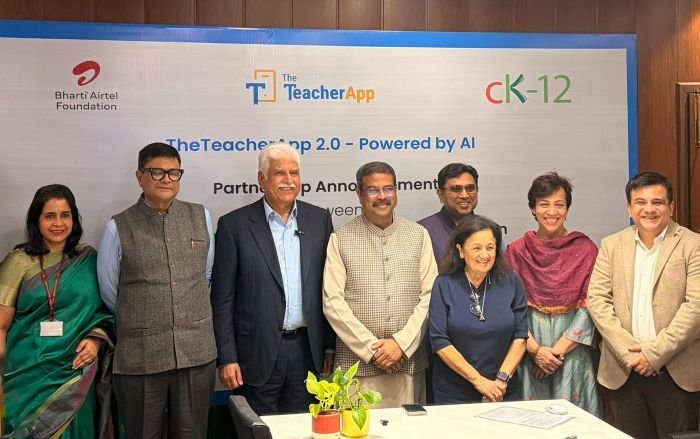

By Sonal Gupta
The first step towards becoming a judicial officer in India begins with gaining admission to a good law college. For most students, this journey starts with preparing for the Common Law Admission Test, popularly known as CLAT. This exam opens doors to the country’s top National Law Universities. It evaluates students on a range of essential skills that go beyond rote learning and demand a more engaged, thoughtful approach. These include:
- Legal reasoning
- Reading comprehension
- Current affairs and general awareness
- Mathematics and logical thinking
To do well, students need to develop strong reading habits, stay updated with national and global news, and sharpen their analytical thinking along with the dedicated prep time.
Once they enter a good law school, students begin exploring the world of legal education. They study foundational subjects like constitutional law, criminal law and contract Law, which help them understand the framework of the Indian legal system. Alongside, they start absorbing the principles of fairness, ethics and clarity of thought. These values are seen to be linked to the responsibilities of taking up the role of a future judge.
Building momentum & sharpening legal skills in college
As students move into their second or third year of law school, they begin to think more seriously about career choices. For those who want to become judicial officers, this is the time to start focused preparation. By now, students are already familiar with the main legal subjects. They can start giving extra time to topics that are more challenging or that play a big role in the judicial exams. For example, contract law is a subject that many students find difficult but is very important in the exams.
This stage is about building a strong base for the future. Students who have already prepared well for CLAT find it easier to adjust to the demands of deeper legal study. With better understanding and focused practice, they begin to sharpen their writing and reasoning skills. This not only helps with university exams but also builds confidence for the competitive exams ahead.
Raising the Bar & preparing for judicial exams
In the final years of law school, the pace of preparation picks up. Students begin to focus directly on the Judicial Services Examination, which has three main parts: a preliminary test, a written test called the mains and a personal interview. Each of these stages is designed to assess a different set of skills. The written exam, in particular, goes beyond theory. It requires students to write responses that resemble real court judgments. To get comfortable with this format, many students turn to past years’ question papers and practice writing structured, logical answers.
The main exam is widely regarded as the most challenging. It blends straightforward legal questions with real-life scenarios, checking how well a candidate can apply legal principles to practical situations. Alongside their legal studies, students also focus on a broader set of knowledge areas that are essential to the examination:
- A solid grasp of general knowledge and awareness of current events
- Strong command of English and the regional language of the state they wish to serve in
- Familiarity with local laws and judicial procedures specific to each state
- The ability to write clearly and logically, reflecting the tone and structure of actual court judgments
This multi-layered preparation helps students build the legal thinking, articulation and decision-making abilities expected of future judicial officers.
Crossing the finish line with a career in judiciary
After years of steady preparation, students appear for the Judicial Services Examination in their chosen state. The first stage, the preliminary exam, is an objective test that filters candidates for the next level. Those who pass move on to the written mains exam. This is followed by a personal interview that checks their presence of mind, legal thinking and communication skills.
Clearing all three rounds is a big achievement. Those who succeed are selected as Civil Judges or Judicial Magistrates. Many of them are just 23 to 26 years old when they begin their careers in the judiciary. Starting early gives them plenty of time to grow within the system, take on larger roles and bring long-term value to the justice system.
Conclusion
Becoming a part of the judiciary in India is a journey that takes hard work, steady effort and strong values. It is not just about passing exams or scoring well in college. It is about building a mindset that respects the law, values fairness and serves society. From preparing for CLAT to facing the final interview, every step requires focus and commitment. Those who stay true to their goal can one day enter the courtroom not just as professionals, but as decision-makers who play an important role in keeping the democratic system strong. With the right approach, even young law graduates can turn their dream of becoming a judge into a reality. The path to becoming a judge is not defined by titles or appearances, rather it begins much earlier, within classrooms, and is shaped by consistent effort, strong values, and a clear grasp of the law in both theory and practice.
(The author is the Founder and CEO, Maansarovar Law Centre)








